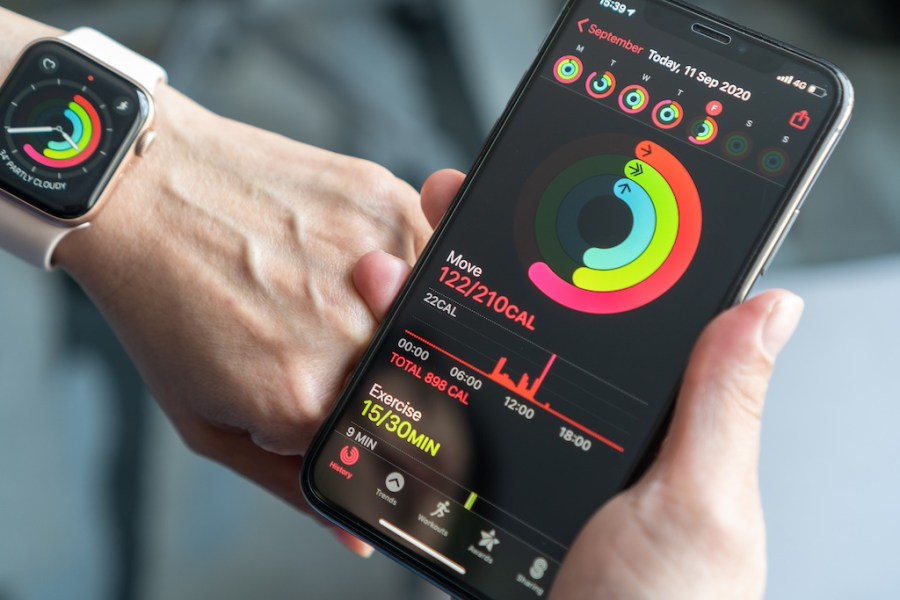1,329 is the number of extra steps regular fitness app users manage each day. With the fitness app market projected to exceed £3B by 2030, AI-driven personalisation is playing a key role in this growth.
But the real proof is in the numbers: new research from the University of South Australia reveals that app users notch up 1,329 more steps daily, add 55 minutes of moderate-to-vigorous exercise weekly, cut sedentary time by seven hours a week, consume 103 fewer calories daily, and even improve sleep quality.
These findings underscore the significant impact that health and fitness apps can have on overall wellbeing. By incorporating digital health tools into everyday life, users can achieve substantial health improvements, such as consuming 20% more fruits and vegetables, reducing saturated fat intake by 5 grams per day, and losing up to 9 kilograms over 12 weeks. Sleep quality also sees a marked enhancement, with a reduction in the severity of insomnia reported by participants.
The global economic burden of chronic diseases, which are estimated to exceed $47 trillion by 2023, highlights the critical need for effective health interventions. With obesity now affecting one in eight people globally and cardiovascular diseases leading causes of death, leveraging technology to promote healthier lifestyles is more important than ever.
Dr Ben Singh, the lead researcher from the University of South Australia, emphasizes the potential of digital tools to drive positive health behavior changes. He notes that apps’ ability to tailor information, deliver timely reminders, and their scalability make them uniquely suited for today’s digital age. This adaptability is crucial for addressing the growing prevalence of preventable diseases like obesity, cardiovascular conditions, and type 2 diabetes.
The study also notes the consistent effectiveness of these apps across diverse age groups, health behaviors, and populations, which suggests they could bolster broader public health initiatives. While further research is recommended to fine-tune understanding among specific demographics, it’s clear digital health apps are a promising tool for fostering healthier communities worldwide.







